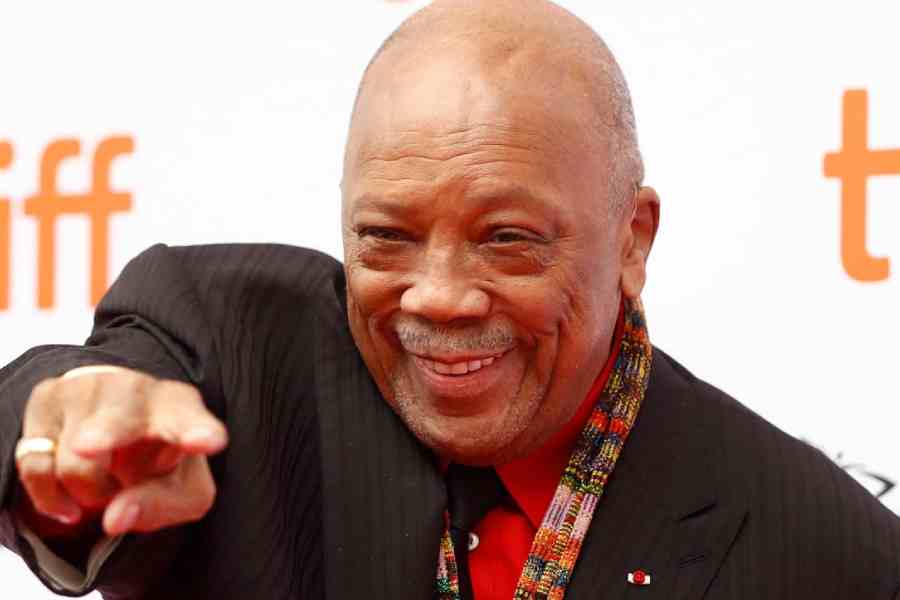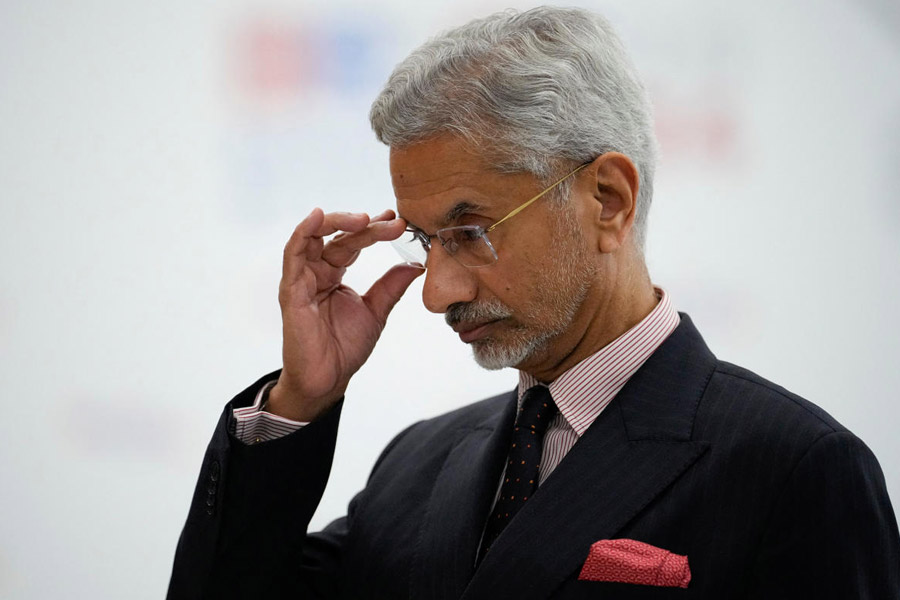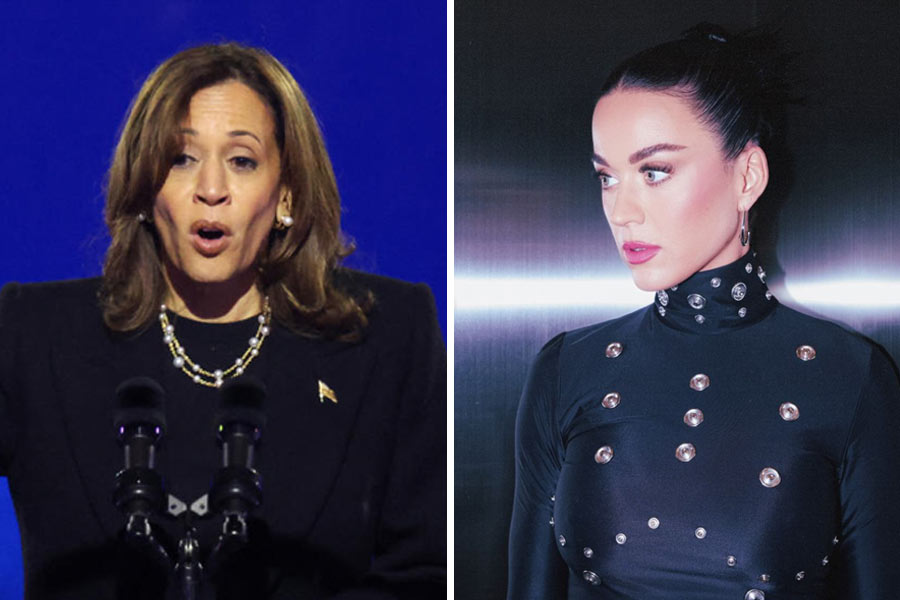MUSIC MAVEN: On March 4, 1933, US President Franklin D. Roosevelt told the American people that the only thing they needed to fear was fear itself. Ten days later, Quincy Jones was born to become a music-industry macher with a palatial Bel Air home from where he would declare: “All I’ve ever done is tell the truth. I’ve got nothing to be scared of, man.”
After producing and arranging music for generations of legendary American musicians — Frank Sinatra to Michael Jackson — one of the most impactful personalities on the American music scene, whose career arc went from 78 rpm to streaming, has died in California. He was 91.
Jones’s path to fame started in Seattle where, as a young man playing the trumpet, he came across Ray Charles, who helped him fine-tune the art of producing and writing music.
Life was bleak before that as he and his younger brother had to fend for themselves in Chicago. He had to do errands for gangsters and till the age of 11, “a gangster was all I wanted to be”.
Touched by fate, Count Basie became his mentor and Lionel Hampton invited him to bring his trumpet on tour.
Life took a turn for the better when he visited Paris around 1957 to study composition with Nadia Boulanger, mentor to Igor Stravinsky and Aaron Copland. Soon he became an in-demand arranger and wrote charts for Duke Ellington, Tommy Dorsey and others. It was a call from Ol’ Blue Eyes that he cherished. The phone rang and it was Frank Sinatra on the other end: “When you get to work with Sinatra, well, that’s the best there is.”
The first African-American to be a senior executive at an important White-owned music label — Mercury Records — Jones produced Lesley Gore’s 1963 hit It’s My Party. But next year proved to be a milestone: He arranged the classic jazz number, Fly Me To The Moon, for Sinatra and Count Basie. Eventually, Sinatra bestowed on him the nickname “Q”.
Jones’s circle of friends included US Presidents and business leaders. His organisation skills were put to the test when he oversaw the all-star recording of We Are the World, the 1985 charity record for famine relief in Africa. Lionel Richie, who co-wrote the song and was among the featured singers, would call Jones “the master orchestrator”. His skills were once again highlighted when he made Bill Clinton’s first inaugural celebration a success.
It was We Are The World’s other co-writer in whose life Jones played an important part. Michael Jackson’s Off The Wall released in 1979 and three years later, Thriller. Both were produced by Jones, who turned Jackson from a teenybopper into an adult pop entertainer. They came together once again for the album Bad in 1987. As the producer of the three albums, Jones created a pop music template that inspired the music of Justin Timberlake's Usher.
Later, their relationship crumbled. Jones filed a suit against Jackson's estate, claiming that he is owed millions in royalties and production fees on some of the singer's greatest hits. In 2017, the courts ruled in Jones's favour and a year later, he made headlines when he gave interviews that contained surprising comments about Jackson.
Jones has the third-highest total of Grammy Awards won by a single person — he was nominated 80 times and won 28. (Beyonce’s 32 wins is the highest total; Georg Solti is second with 31.) The first movie he produced, The Color Purple (directed by Steven Spielberg), received 11 Oscar nominations in 1986, but, sadly, no wins. The other screen success was through his production company, Quincy Jones Entertainment in 1990 — the sitcom The Fresh Prince of Bel-Air, which launched the career of Will Smith.
Jones's influence can also be seen on the late American rapper Tupac Shakur, who sampled, for his number-one hit How Do U Want It, a piece of Jones’s Body Heat.
When Barack Obama was preparing for a presidential bid, among his first stops in Southern California was the producer’s Bel-Air estate.
Always on the ball, in 2017, Jones helped launch a video platform, Qwest TV, and in 2022 he appeared on the album Dawn FM by the Weeknd.
“My philosophy as a businessman has always come from the same roots as my personal credo: take talented people on their own terms and treat them fairly and with respect, no matter who they are or where they come from,” Jones wrote in his autobiography.
Jones is survived by a brother, Richard Jones; two sisters, Margie Jay and Theresa Frank; and seven children: Jolie, Kidada, Kenya, Martina, Rachel, Rashida and Quincy III.










